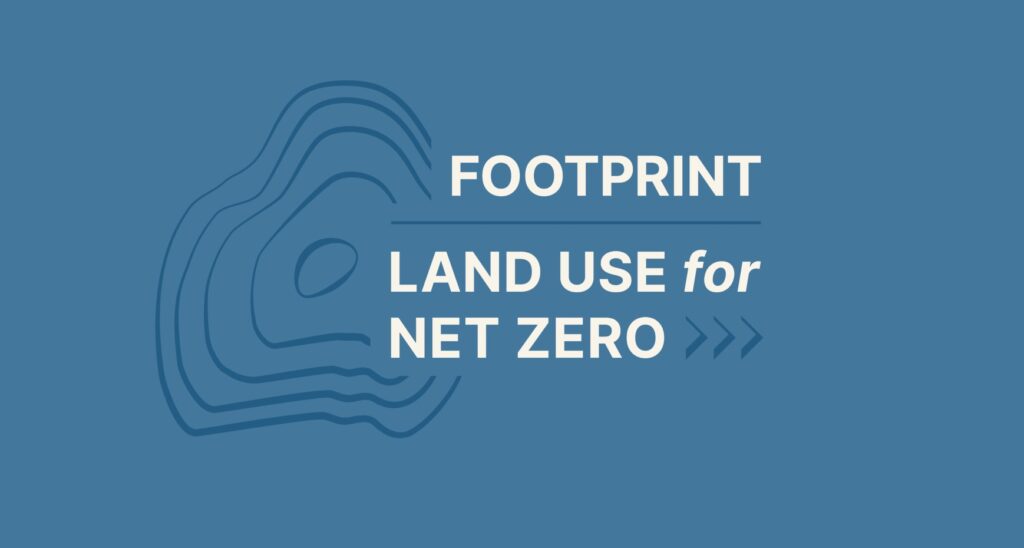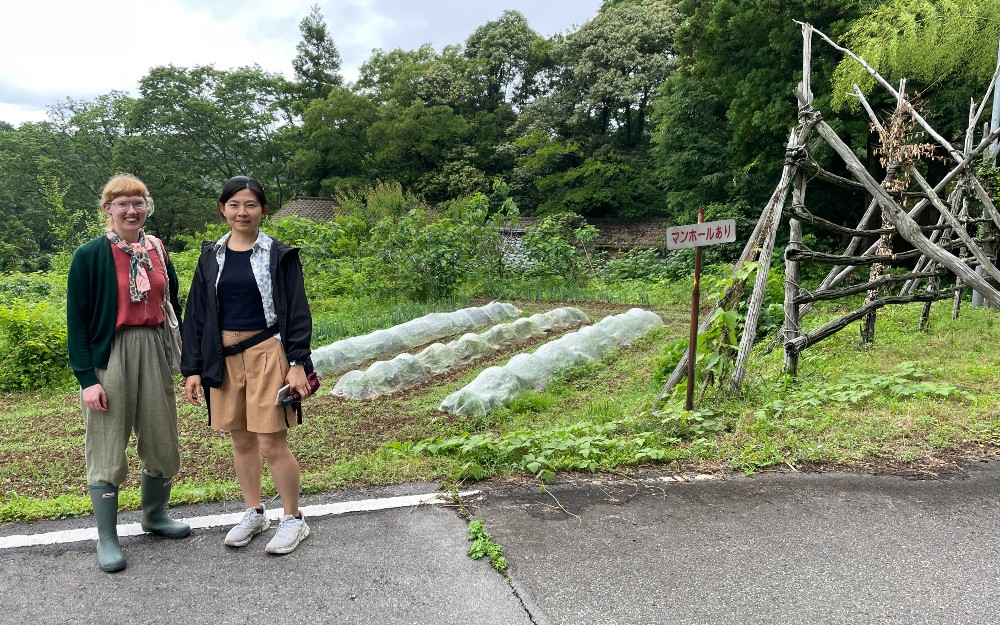Later this month, Professor Damian Maye will deliver a keynote address at the 2nd network conference of the agri-food geographies working group which is to be held from March 23rd to 25th at the University of Hohenheim, near Stuttgart. The AK Agri-Food Geographies aims to build and foster a network of food studies scholars within the German-speaking community of geographers and related disciplines.
The theme for their conference is ‘Power and powerlessness of actors in the agri-food system’, and it will focus on the economic, institutional and civil society actors and their diverse power relations among themselves in global and regional agricultural and food systems.

Damian was invited to the event by conference organiser Professor Doris Schmied, who he first met several years ago at a previous event in Cheltenham and on subsequent occasions at other similar events.
The title of Damian’s keynote is: ‘Food and power in the making: the double movement and new geographies of food‘, the abstract for which is provided below:
Power and powerlessness are persistent themes in food and its making. The paper starts by tracing foundational concepts to understand food and power in the making, including patterns of concentration, food regime theory, and links to empire and corporate power. From this, we observe ‘acts of resistance’, epitomised by alternative food networks and the food sovereignty movement. I argue that Polanyi’s idea of the ‘double movement’, combined with conventional and alternative system models, provide useful analytical heuristics to understand and hold together complex social and spatial relations of power and powerlessness. Having established this high-level architecture to read food and power, the second half of the paper turns to look at contemporary case studies which reveal new geographies of food in the making. I start by looking at agroecology and local food movement examples and then turn to examine two pathways of technological innovation in mainstream agri-food systems: digitalisation and alternative protein economies. The final example then turns to the climate crisis and what I call the ‘land-food-climate’ nexus. This opens up a whole set of power geographies from new forms of colonialism, protest and resistance, to questions of justice, democracy and fairness, and more-than-human analyses of ‘planetary social thought’. These new geographies of food in the making signify market society dialectics that can be rooted but also extend beyond early political economy readings of empire and global agriculture.
The themes that Damian will explore in his keynote are present throughout in his book ‘Geographies of Food: An Introduction’, published by Bloomsbury.




